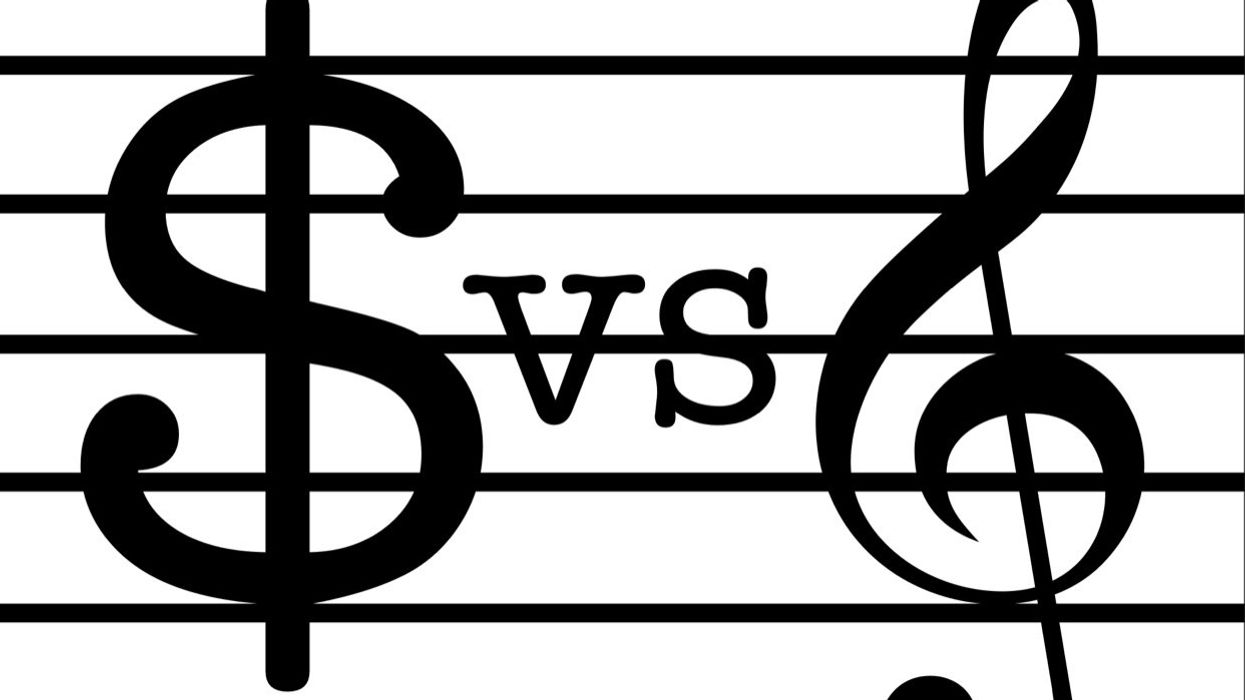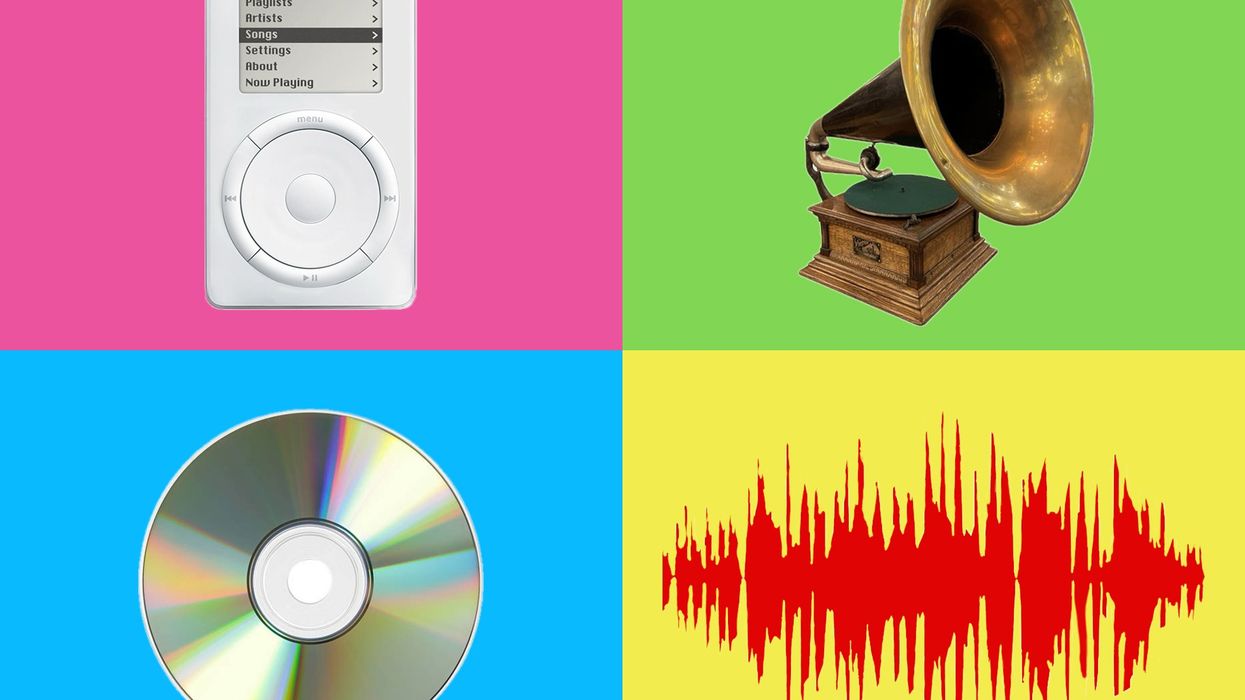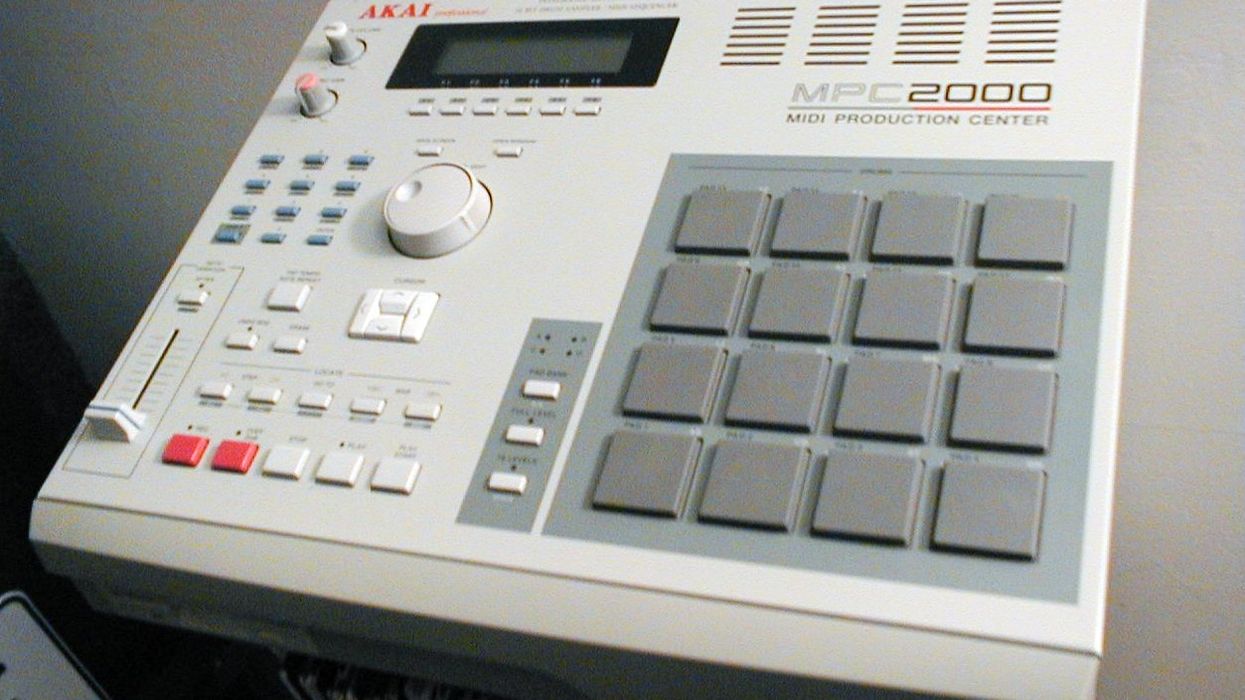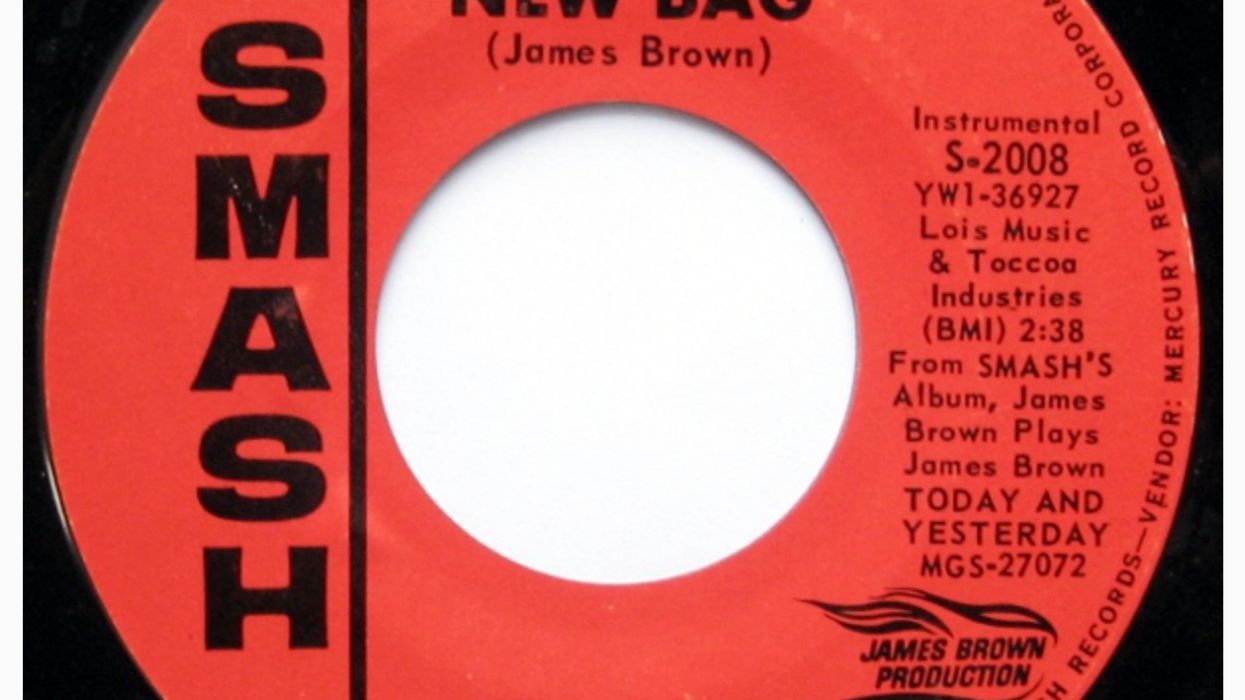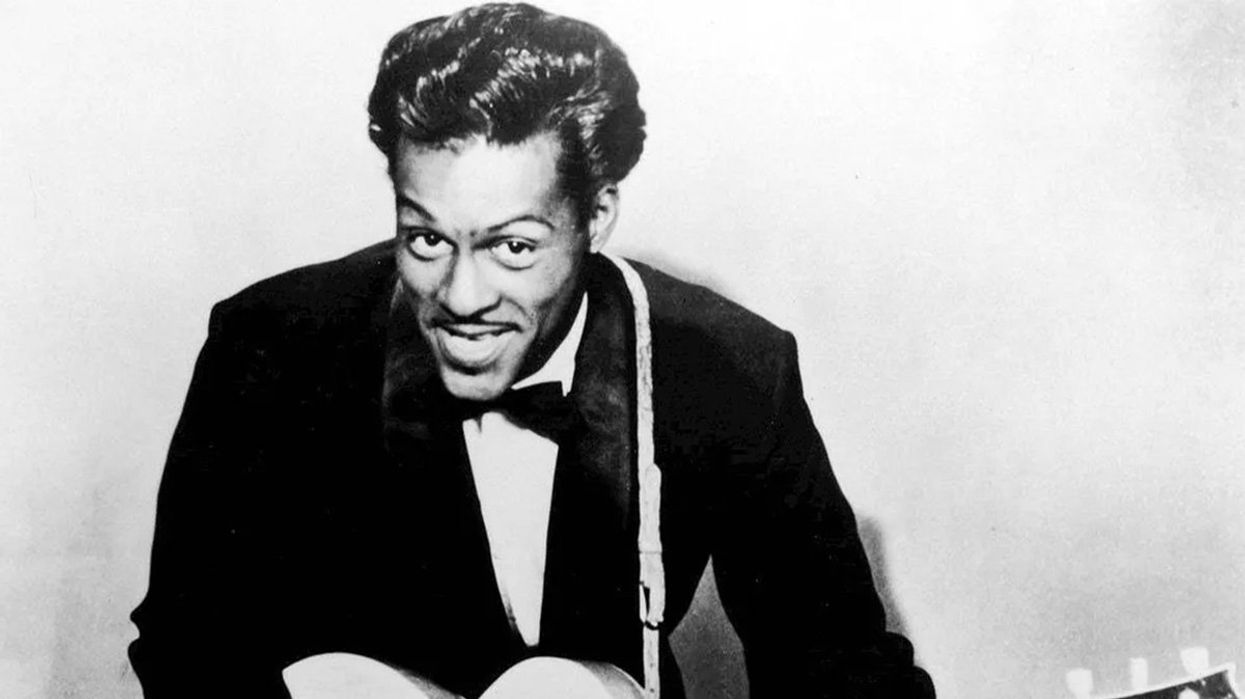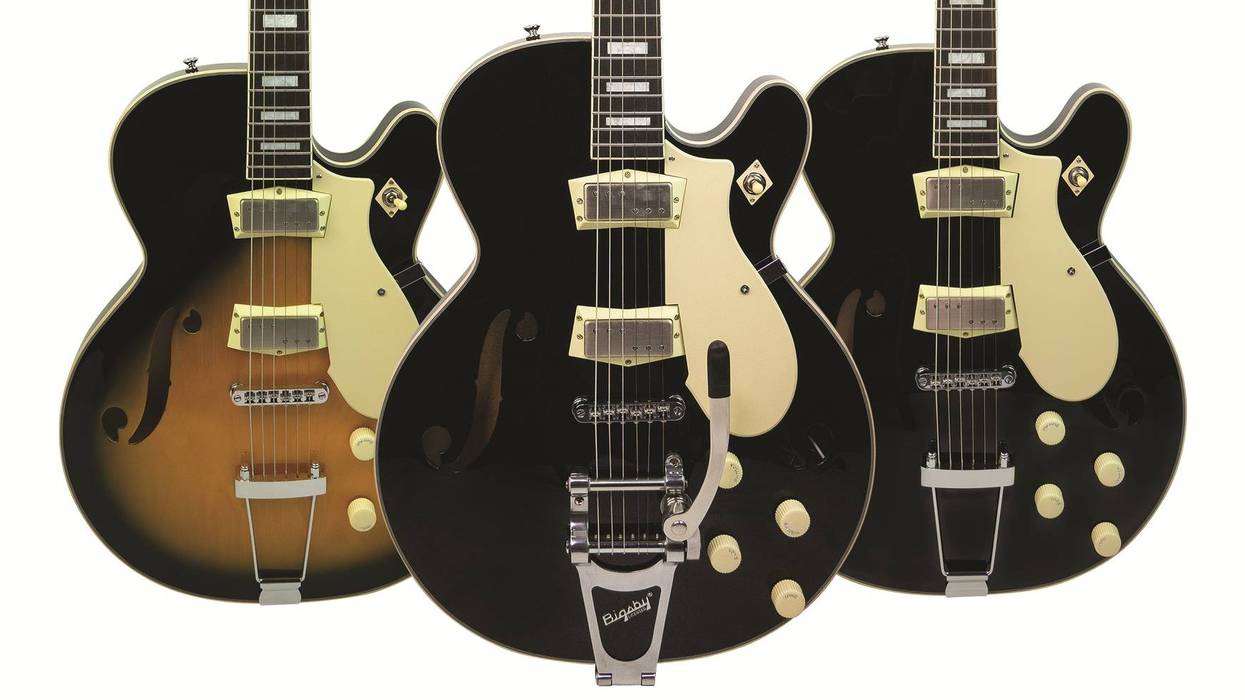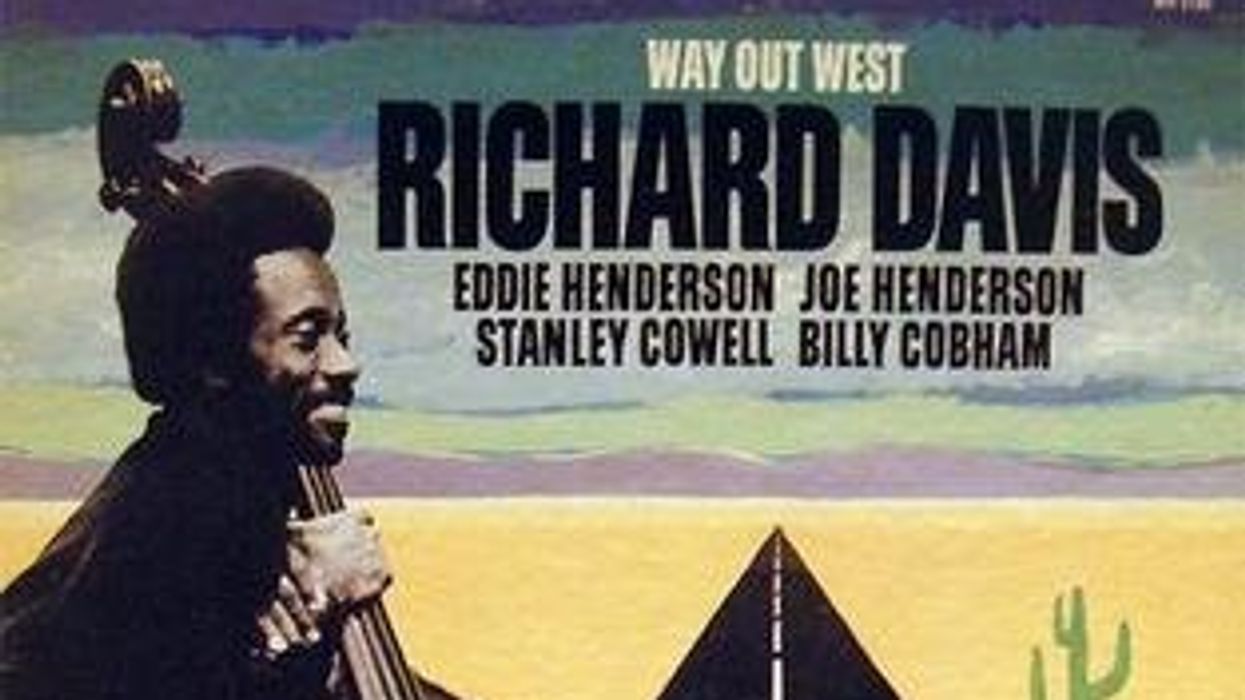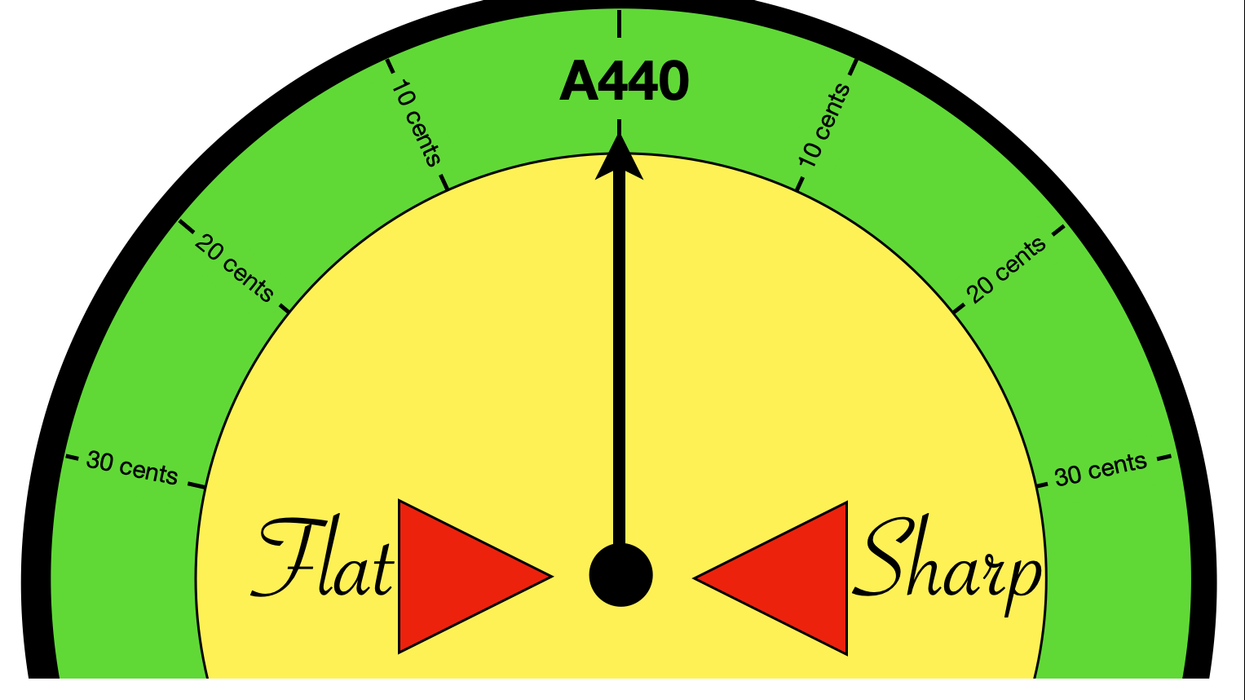Every musician must answer one question, which may very well define the course of their career and life. Where do your chief motivations for creating music lie? This question does not concern whether one will endeavor to make money from music, but it asks what one’s intentions are. For those who focus on money, music simply becomes a means to an end, like a used car to a used car salesperson. But for those motivated by music, creativity is paramount. Regardless of which way one decides, all careers must and will be some combination of these two extremes. This is certainly true of mine.
I’ve been playing so long that I can’t remember life before. I became a musician because I loved music. I’ve also always had an interest in production. My first recordings began at 7 via a guitar and dubbing cassette deck, which allowed me to build songs one overdub at a time. Three years later, I added a bass, keyboard, drum machine, and 4-track recorder. Within 10 years, I’d accumulated my own 24-track studio, which lived in my bedroom. With each new addition came lessons and learning curves. The various skills I’d acquired along the way meant that, in addition to being a bassist, I could also work as a producer and recording engineer, which was how I made a living early on.
Years later, my career as a somewhat successful music producer came to an abrupt halt. The cause? A sudden global economic downturn, brought on by greedy unscrupulous robber-baron types who had traded astounding numbers of questionable “financial instruments” that nobody understood. The domino effect? The Great Recession, which erased billions in wealth, seemingly overnight.
“Which aspects of your music or artistry are unique?”
Everything from retirement funds to the music industry was deeply affected. Label presidents, A&R staff, marketing and accounts departments, artists, recording studios, and, in many cases, the labels themselves took a big hit. One day, I was a producer with inside connections to a handful of powerful record executives. The next, I was in my kitchen staring at six major-label contracts no longer worth the paper they were printed on.
Sure, the financial shock was severe, but, in retrospect, I realized that I’d been journeying down the wrong path, questioning my place in this industry, for quite a while. My focus had shifted from trying to be musically creative to trying to provide the client with whatever they believed was a hit. If you ever want an artist to become distracted, give them lots of money quickly. I was perhaps at my most distracted ever, but the recession gave me a chance to step back, focus, and recall the choice I’d made as a teen.
I got back to practicing for the first time in a very long time, realizing that I rather enjoyed it. I remembered that I could make a pretty decent living by just playing bass. The various gigs I played during this period, while the economy was in free fall, literally saved my bacon. But most of all I realized that, though I could do a lot of things well enough to make a decent living, I needed to focus on doing my best work—those things that only I could do in my own unique way. This is something that could be applied to any discipline, but nowhere is it truer than music.
Which aspects of your music or artistry are unique? What can you do to make what you create a true expression of you? For me, the real change was to focus on composing more, producing more projects that drew upon the more unique aspects of my skill set, playing more gigs which did the same, teaching this, and even creating a music program that was based on my own concept and curriculum.
Focusing on money alone will often lead one to seek out the shortest path to making lots of it quickly. Just as in other industries, in the music business this leads to everybody trying to do the same thing. Nobody wants to see Bono be Sting, or Justin Timberlake be James Brown. One can never out-Coltrane Coltrane, or even out-Wooten Victor Wooten. Doing what has already been made popular may seem like the quickest route to success, but this is an illusion.
By focusing on what we have to offer over what everybody else is already doing, we create more unique content, our own intellectual property, and a more identifiable sound within a vast ocean where most are trying to write the same hit song over and over. In the end, a more individual and creative approach could make what we do more valuable, and our careers more secure … until the next inevitable speed bump arises.


